Tips From The Pros: How Do Professionals Clean Wood Floors?
Why Should I Deep-Clean My Hardwood Floor?
Cleaning a hardwood floor regularly helps it maintain its condition and integrity.
There are a lot of ways to repair a hardwood floor once it’s been damaged. However, having a repair done professionally does require a budget. One way you can keep your hardwood floors in good shape and save yourself repair costs is to keep the floors cleaned.
The reason you need to clean a floor is that floors get hit with all kinds of dust and debris. With high foot traffic, pets, or kids – your floors will have and all kinds of things falling on them – and they can get covered in dirt, stains, and other grime. What all of this dirt does is cause extra damage to the floor. Certain spills can eat away at the surface layer of your floor’s finish as well as trap debris that causes extra wear as it grinds against the floor.
The easiest way to keep your floors in good condition is to clean them regularly. Giving the floor a quick cleaning a couple times per week will keep the level of debris low enough that it doesn’t get a chance to build up, causing a number of problems, including avoidable damage and an unmanageable mess to clean. But what’s the best way to clean your floors yourself? As hardwood flooring experts, we’ll give you a quick rundown of the best way to clean your hardwood floors.
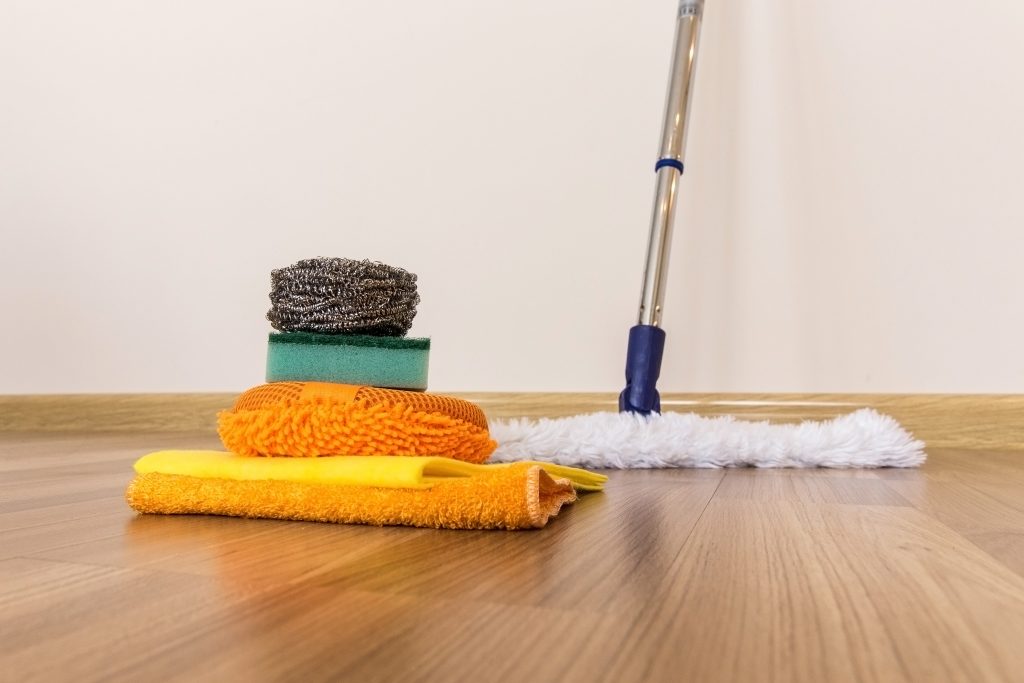
What To Use To Clean Hardwood Floors
While you may have a picture of a mop and bucket in your head, the best tool to clean a hardwood floor with yourself is a microfiber dust mop. Microfiber mops are specifically designed to pick up debris without rubbing it into the floor that you’re trying to protect to begin with. Brooms and vacuums are less safe for the floor’s surface than these kinds of mops because they aren’t able to limit the effect of debris rubbing on the floor as well as microfiber does.
This may sound weird at first, but another item you’ll want if you’re looking to clean your floor is vinegar. While it’s great in food, vinegar is also a natural and inexpensive way to get grime off of the floor. It’s great for hardwood because the acidity is strong enough to break up grime without damaging the floor. Ideally, you’ll want to make a solution with it by mixing 1 part apple cider vinegar or white vinegar to 16 parts water. You can also add a drop of essential oil to the solution if the slight smell bothers you.
The best part of cleaning with a vinegar solution is that it is a very effective cleaner that is not only safe for the floors but also for children and pets. Another benefit is that it dries clear and doesn’t leave any residue or need to be rinsed off like a store-bought product might.
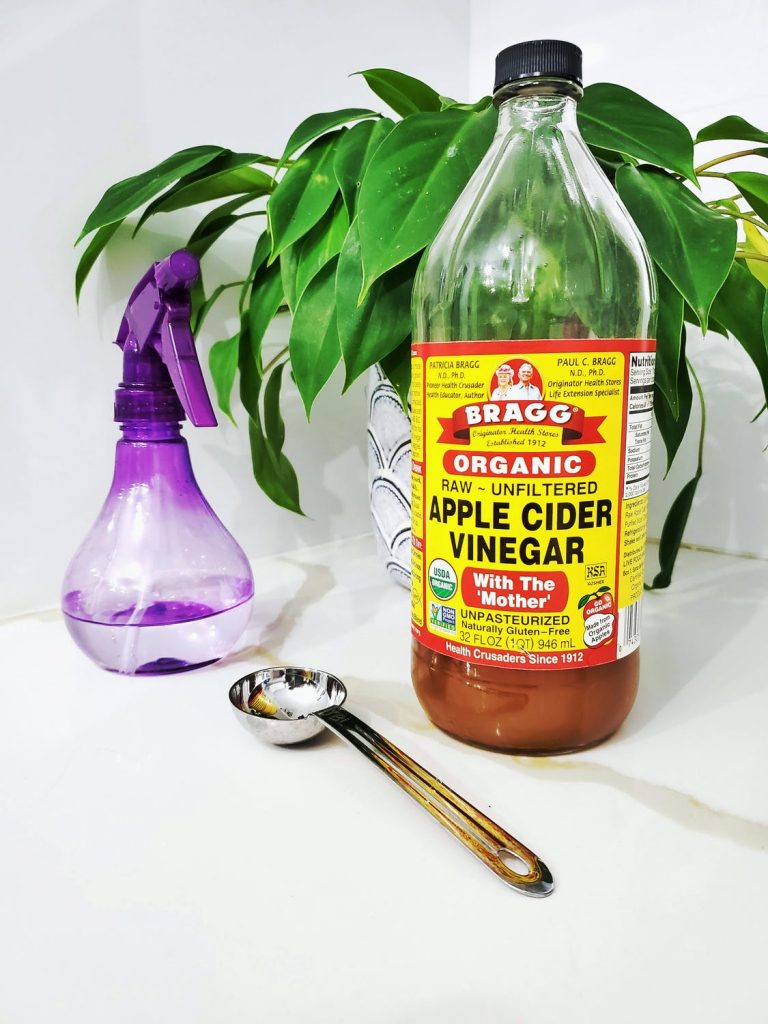
How to Clean a Hardwood Floor
Once you have the right cleaning products, you’ll want to start by dusting the surface with something delicate, ideally a microfiber duster. Then, you’ll want to apply your vinegar solution to the microfiber mop and start cleaning. It’s important to avoid getting the floor too wet. While the vinegar solution shouldn’t cause damage to the floor, the moisture can cause warping or wear away the finish if there’s too much of it.
It’s as simple as that. You don’t need any heavy duty equipment or chemical products to keep your floor clean. The professionals know that simple and natural are usually the best for hardwood floors. Unfortunately, it’s also the case that not all damage to a floor can be avoided. If you have a damaged wood floor that needs repair, or an old one that needs a deep-clean and restoration, the tight-knit team of experts at Artisan Wood Floors is here to help. Give us a call any time at (215) 515-7355 and ask for Steve!
Recent Hardwood Flooring Projects in Philadelphia & NJ
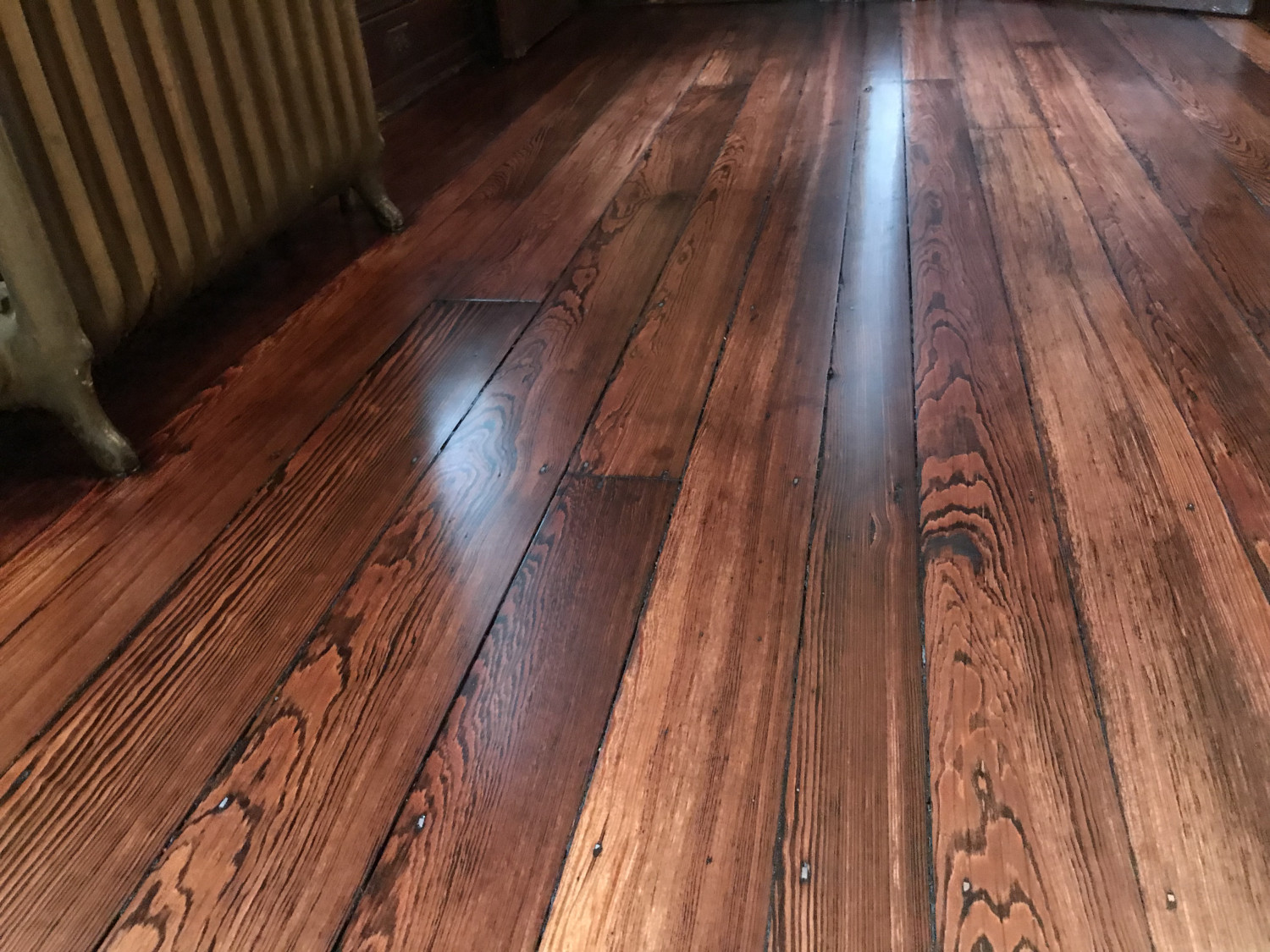
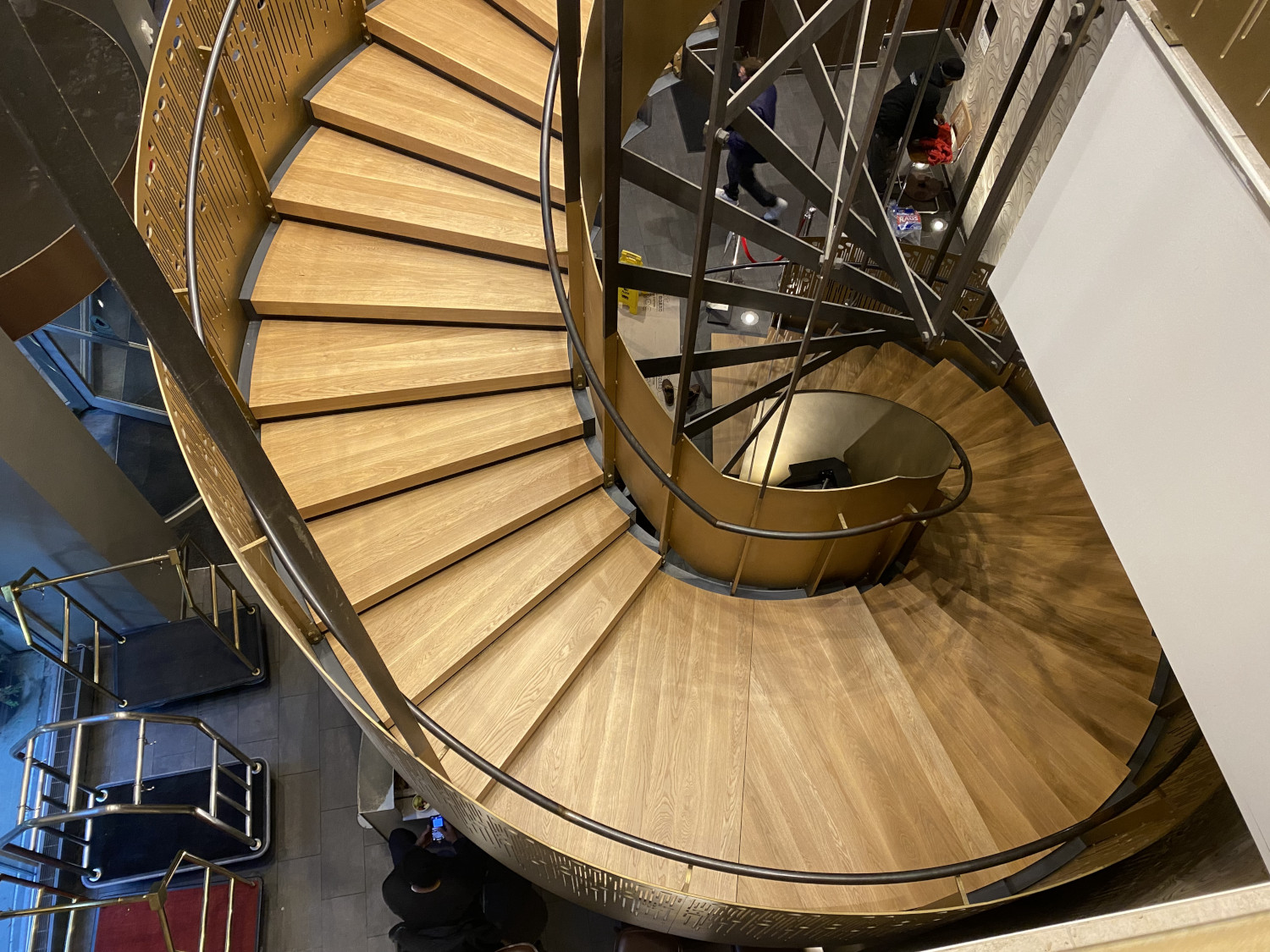
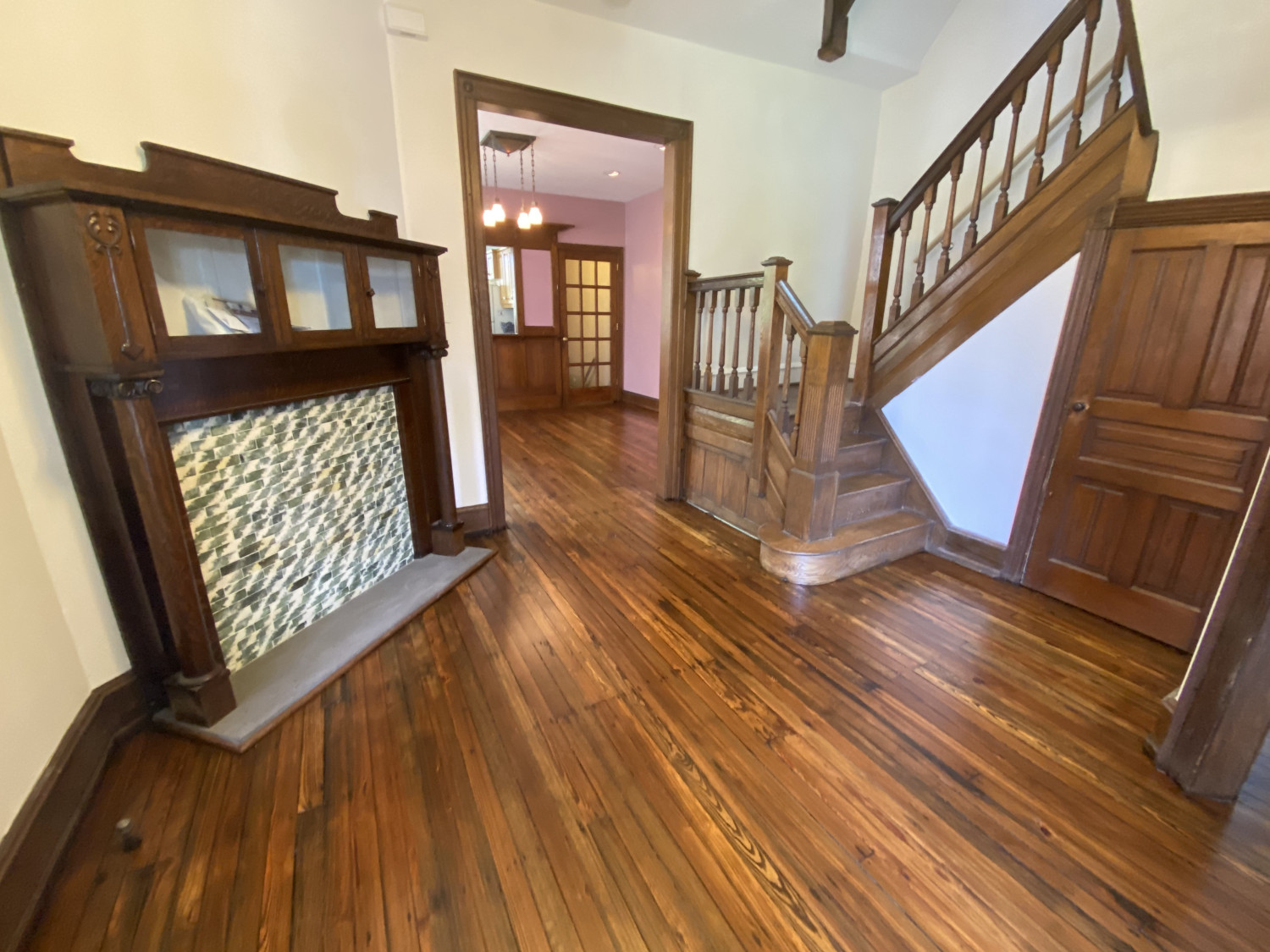

0 Comments